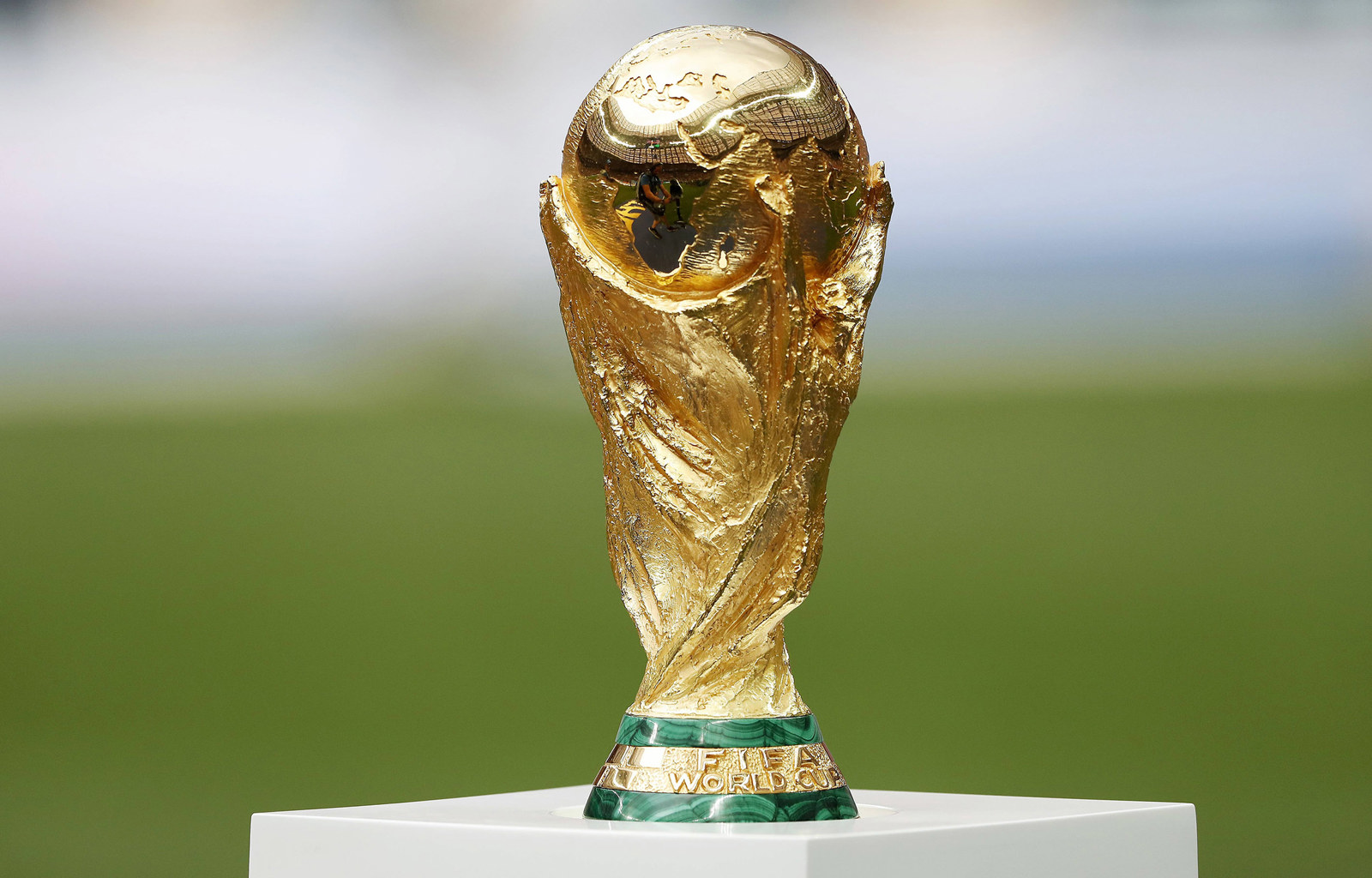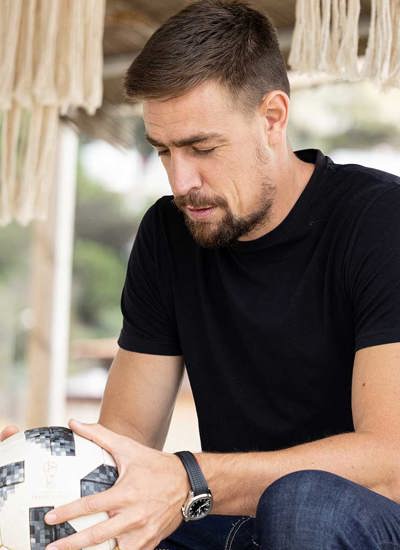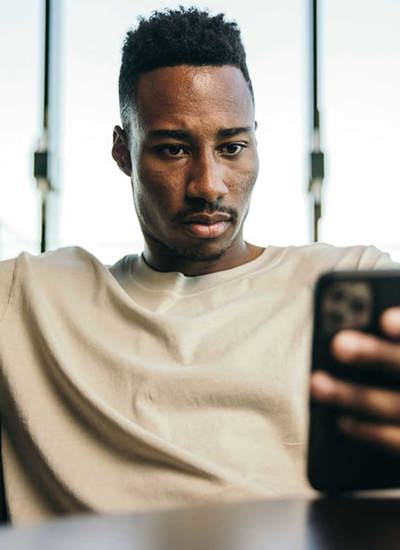
This Sunday the FIFA World Cup kicks off in Qatar and, while it will be a career peak for many players, it takes place under concerning circumstances.
Last week’s comment by a Qatari World Cup ambassador describing homosexuality as “damage in the mind” is a clear signal that this World Cup cannot be experienced freely by everyone. We strongly reject this hateful comment. Furthermore, as football makes progress towards the inclusivity of all, including the LGBTQIA+ community, we consider his comment to be incredibly damaging. His attitude shows that not everybody will be welcome at this World Cup. This damages our sport.
For the past few years FIFPRO has worked with Amnesty International, BWI, national player unions and individual players to push for employment and human rights reforms in Qatar and achieve what has been touted as a World Cup legacy. Today, while progress has been made at a legislative level, we do not believe that a legacy has been sufficiently achieved. A Migrant Workers Centre has not been established, no World Cup fund exists today to compensate workers and their families, trade unions remain forbidden, and women still don’t enjoy equal rights. This is not the kind of legacy that most players want to see from the global game.
Many players continue to share concerns about the human rights situation surrounding the World Cup and will make their voices heard in the coming weeks. We have the privilege to represent, with their national player unions, many World Cup players. We will continue to push for further change with them, along with our partners including trade unions and human rights organisations. The World Cup must be truly global and be shared amongst all communities, cultures and people. Without genuine human rights standards and genuine inclusivity, this is impossible.
In future, the players, who make the World Cup – and other football tournaments – what they are, must have a say in when and where these events take place, and under which conditions. The shortcomings of this World Cup relating to human rights must be a catalyst to pursue the positive global impact our game can achieve.


